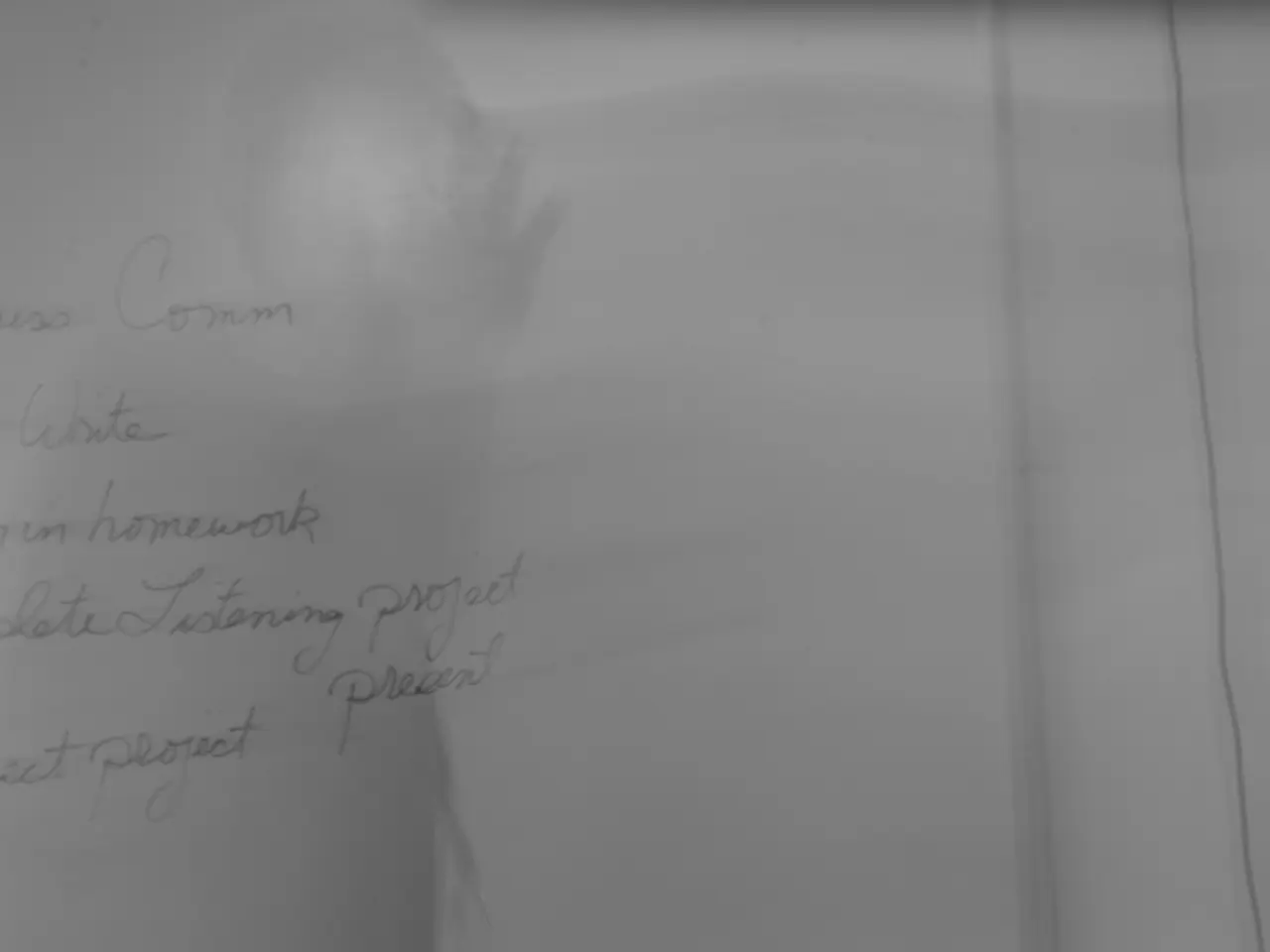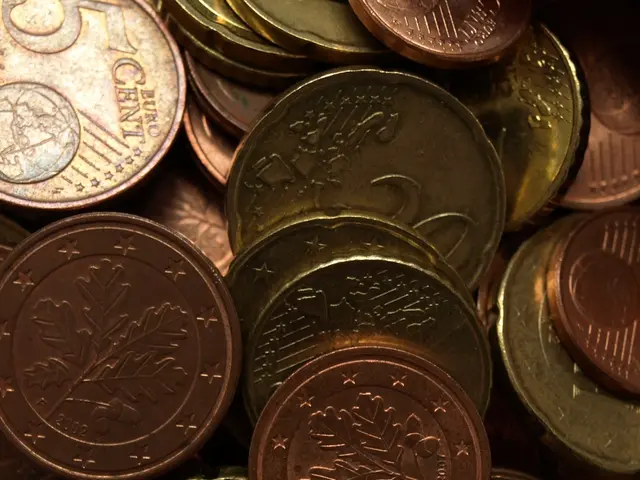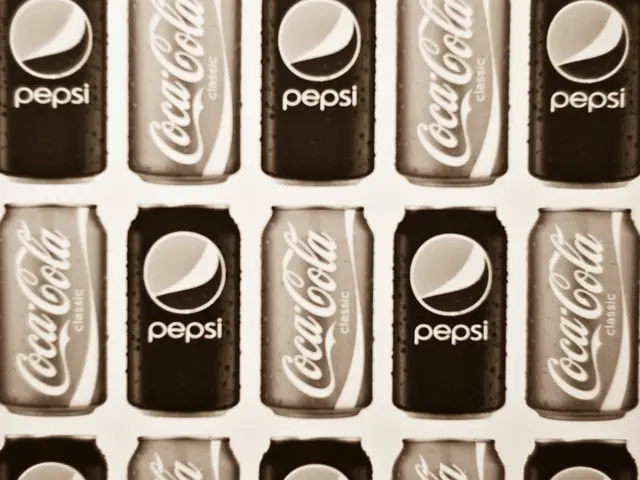Discussions on a plastic pollution treaty are facing discord
The United Nations treaty negotiations on plastic pollution, held at the INC-5.2 session in Geneva from August 5-14, 2025, have failed to reach an agreement or finalize a legally binding global treaty to end plastic pollution[1][3][4]. The talks aimed to agree on a treaty addressing the full lifecycle of plastics—from design to disposal—but positions remained too divergent, particularly due to blocking stances by petrochemical-producing countries[1][2][4].
Key concerns from various countries and environmental organizations about the draft treaty text include:
- Lack of binding measures across the plastic lifecycle: The final draft omitted enforceable rules needed to significantly reduce plastic pollution globally[1][2][4].
- Petrochemical and plastic-producing nations blocking progress: These "petro-states" opposed ambitious treaty language, leading to watered-down regulations and no consensus, particularly on restricting plastic production and addressing toxic additives[2][4].
- Insufficient protection for marine environments: Measures targeting deadly forms of marine pollution, such as ghost fishing gear, were weakened despite their impact on oceans[2].
- The flawed negotiation process: Environmental groups and many countries criticize the consensus-based system for allowing a minority to block progress, calling for reform of the negotiation approach before future treaty rounds[2].
- Undue influence of industry: There are concerns that fossil fuel and plastics industry lobbying heavily influenced the negotiation outcomes to the detriment of environmental goals[4].
- Support from a High Ambition Coalition: Over 60 countries, including the EU, Norway, Rwanda, Canada, and Small Island Developing States, pushed for a stronger treaty but were outvoted by blocking countries[4].
The current draft text has faced criticism from various quarters. Qatar expressed uncertainty about obligations due to a lack of clear definition of the treaty's scope. Several countries have criticized the draft text for lacking legally binding action[1]. Saudi Arabia expressed concerns about many red lines being crossed in the draft text for the Arab Group[1]. Oil-producing states have criticized the text for going too far[1].
The European Union, Kenya, Tuvalu (speaking for 14 Pacific island developing states), Britain, Norway, and Bangladesh have all criticized the draft text for various reasons[1]. A larger bloc of countries seeking more ambitious actions considers the draft text to be the lowest common denominator[1].
The Like-Minded Group, consisting of oil-producing states such as Saudi Arabia, Russia, and Iran, wants the treaty to primarily focus on waste management[1]. The United Arab Emirates stated that the draft goes beyond the mandate for the talks[1].
Environmental non-governmental organizations, including Greenpeace, World Wide Fund for Nature, and the Center for International Environmental Law, criticized the draft as a gift to the petrochemical industry and a betrayal of humanity[1].
Despite 15 percent of plastic waste being collected for recycling, only nine percent is actually recycled[1]. A proposed compromise text put forward by talks chair Luis Vayas Valdivieso of Ecuador has been rejected by dozens of countries[1].
As the talks enter their penultimate day, India, while supporting Kuwait, sees the draft as a good enough starting point to move forward on finalizing the text[1]. Bangladesh specifically criticized the draft for not addressing the full life cycle of plastic items, their toxic chemical ingredients, and their health impacts[1].
In summary, the UN plastics treaty negotiations are currently at an impasse in Geneva due to conflicting national interests and industry pressure. The draft treaty text does not yet incorporate the ambitious, binding measures environmental advocates deem essential to effectively combat the escalating global plastic pollution crisis[1][2][4].
References:
- BBC News
- Reuters
- The Guardian
- The New York Times
- The UN treaty negotiations on plastic pollution, despite the efforts made, have failed to finalize a binding global treaty that addresses environmental-science concerns regarding the full lifecycle of plastics, including energy consumption from the oil-and-gas industry, finance for sustainable alternatives, and protection of marine ecosystems.
- The draft treaty text, criticized by numerous countries and environmental organizations, lacks binding measures across the plastic lifecycle, which industry influence seems to have weakened, leading to insufficient protection for the environment and marine life, particularly from the toxic additives in plastics and ghost fishing gear.
- As the industry continues to produce plastics unblemished by ambitious treaty language, the environmental-science community faces an ongoing challenge to combat climate-change impacts and promote sustainable practices in both the industry and the finance sector, ensuring a cleaner and more energy-efficient future for all.




